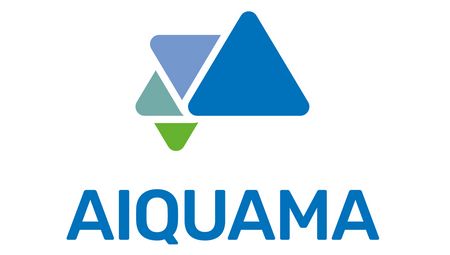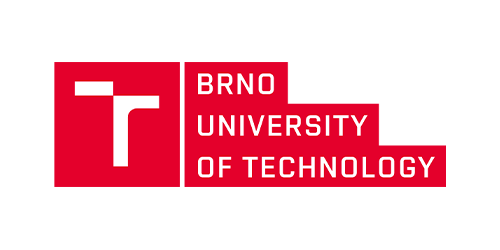Original Press Release (in German, DFKI)
Anomalies and defects in the production process cause high costs and negatively affect sustainability and productivity. If it is possible to detect such defects immediately as soon as they appear, cost-intensive reworking, time-consuming final inspections, and delivery delays can be avoided. The German-Czech research project AIQUAMA (AI-based Quality Management for Smart Factories) focuses on the use of artificial intelligence in the quality management of production processes. The goal is error-free and reject-free production. AIQUAMA was launched with a kick-off at the “Forum Digitale Technologien” in Berlin on November 7, 2022.

Already now, it is increasingly important to ensure quality check directly in the production process. The aim of the Czech-German project is to achieve high-quality, error-free and reject-free products at the end of the production process. Particularly in less automated tasks, such as assembly, simple robotic solutions with artificial intelligence will enable individual tasks to be monitored and workers informed in the event of deviations, outliers, or irregularities. In addition, the manufacturer will be able to deploy such a solution into operation without in-depth knowledge of robotics or data science.
The AIQUAMA project is a German-Czech research collaboration in the field of Industry 4.0 based on foundations, like RICAIP, which aims to build an international research centre for advanced industrial production. RICAIP focuses on research in artificial intelligence and robotics for advanced industry and develops new production concepts for geographically distributed manufacturing. The establishment of the centre is funded by European and national funds and links the experimental laboratories, the so-called industrial testbeds at CIIRC CTU and CEITEC BUT with the German testbed in Saarbrücken, which is managed by the DFKI and ZeMA institutes.
The AIQUAMA project is an immediate and concrete extension of the RICAIP project. The themes not only follow, but also formulate key research trends in the field of Industry 4.0 in the next decade and push the vision of Industry 4.0 towards new goals. Importantly, these are trends that our core industry welcomes and supports.
Professor Vladimír Mařík, Scientific Director of CIIRC CTU
AIQUAMA aims to achieve zero-defect production based on near real-time incremental quality monitoring during production. This is done by evaluating multi-sensor data streams using AI methods. AIQUAMA will use a combination of symbolic models and statistical machine learning based on real but also synthetic training data.
In order to avoid quality-related errors in advance, an intelligent online planning component will be extended so that quality-related parameters are also taken into account in the best possible way during plan generation and task assignment. Errors tend to arise especially in manual assembly, machining or tasks performed in hybrid teams of humans and collaborative robots. One such error is, for example, a worker reaching into the wrong box of material, using the wrong tool during manual assembly, or the robot engaging in work at the wrong time.
However, suitable combinations of different sensor systems should now enable errors in the production process to be detected earlier than before and therefore eliminated more sustainably. Detected errors are explained transparently via suitable user interfaces so they can be avoided in the future.
For the technical implementation, the partners fall back on the standardized I4.0 architecture with asset administration shells developed in the BaSys project series and use the open-source middleware BaSyx as well as open-source results from its ecosystem.
AIQUAMA has been allocated funding from the German Federal Ministry of Education (BMBF) in the amount of approx. EUR 1.8 million for 3 years (January 2022 to June 2025).
The partners of the AIQUAMA project are
- DFKI – German Research Center for Artificial Intelligence,
- CIIRC CTU – Czech Institute of Informatics, Robotics and Cybernetics at the Czech Technical University in Prague,
- CEITEC BUT – Central European Institute of Technology at the University of Brno ,
- VSB-TUO Technical University of Ostrava
and application partners such as Volkswagen AG (which does not receive funding)
Together with Volkswagen, DFKI will implement and realistically evaluate an AIQUAMA demonstration system in the field of manual and hybrid assembly in Saxony.
Published also at the German Information Portal for Science:




